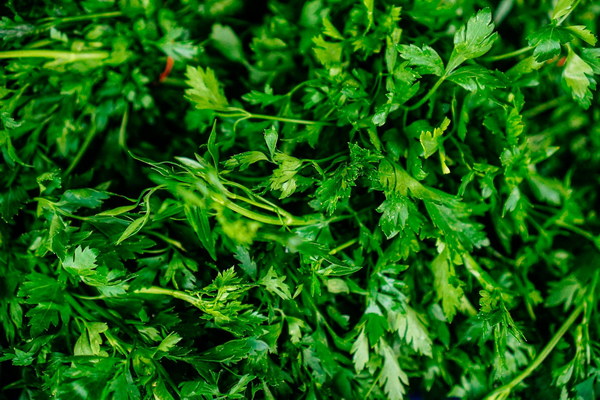Can Eating Ginger Boost Kidney Yang A Comprehensive Look
Introduction:
Ginger, a common spice used in various cuisines, has been widely celebrated for its numerous health benefits. One of the most intriguing claims about ginger is its potential to boost kidney yang. But can eating ginger really help in improving kidney function and enhancing yang energy? Let's delve into the subject and explore the science behind this traditional belief.
1. Understanding Kidney Yang:
In traditional Chinese medicine (TCM), kidney yang refers to the vital energy or heat that governs various functions in the body. It is believed to be responsible for maintaining body temperature, sexual function, and overall vitality. A deficiency in kidney yang can lead to various health issues, including weakness, fatigue, and sexual dysfunction.
2. The Role of Ginger in TCM:
Ginger has been used in TCM for centuries, primarily due to its warming properties. It is believed to stimulate the circulation of Qi (vital energy) and boost the immune system. TCM practitioners often recommend ginger to treat colds, flu, and digestive disorders.
3. Scientific Evidence:
While TCM has long embraced ginger's benefits, modern science has started to uncover some of its potential health advantages. Studies have shown that ginger possesses anti-inflammatory, antioxidant, and anti-cancer properties. However, when it comes to boosting kidney yang, scientific evidence is limited.
One study published in the journal Phytotherapy Research found that ginger extract could help improve kidney function in rats with chronic kidney disease. The study suggests that ginger may have a protective effect on the kidneys, but it does not specifically address the concept of kidney yang.

4. Ginger's Effects on Kidney Health:
While there is limited evidence to support the direct link between ginger and kidney yang, ginger does offer several benefits that could indirectly contribute to kidney health. Here are a few potential advantages:
a. Anti-inflammatory properties: Chronic inflammation can damage the kidneys over time. Ginger's anti-inflammatory effects may help reduce inflammation in the kidneys and prevent further damage.
b. Antioxidant properties: Oxidative stress can also contribute to kidney damage. Ginger's antioxidants may help combat oxidative stress and protect the kidneys from damage.
c. Blood pressure regulation: High blood pressure is a leading cause of chronic kidney disease. Ginger has been shown to help lower blood pressure, which could be beneficial for kidney health.
5. Incorporating Ginger into Your Diet:
If you are considering incorporating ginger into your diet to support kidney health, here are a few suggestions:
a. Add fresh ginger to your meals: Include sliced or grated ginger in soups, stews, and salads.
b. Make ginger tea: Boil ginger slices in water for 5-10 minutes and enjoy a warm cup of ginger tea.
c. Take ginger supplements: If you prefer, you can also take ginger supplements in capsule form. However, consult with a healthcare professional before starting any new supplement regimen.
Conclusion:
While the concept of ginger boosting kidney yang remains a topic of debate, the spice does offer several health benefits that could indirectly support kidney function. Incorporating ginger into your diet can be a flavorful and potentially beneficial addition to your wellness routine. However, it is essential to consult with a healthcare professional before making any significant changes to your diet or treatment plan.









